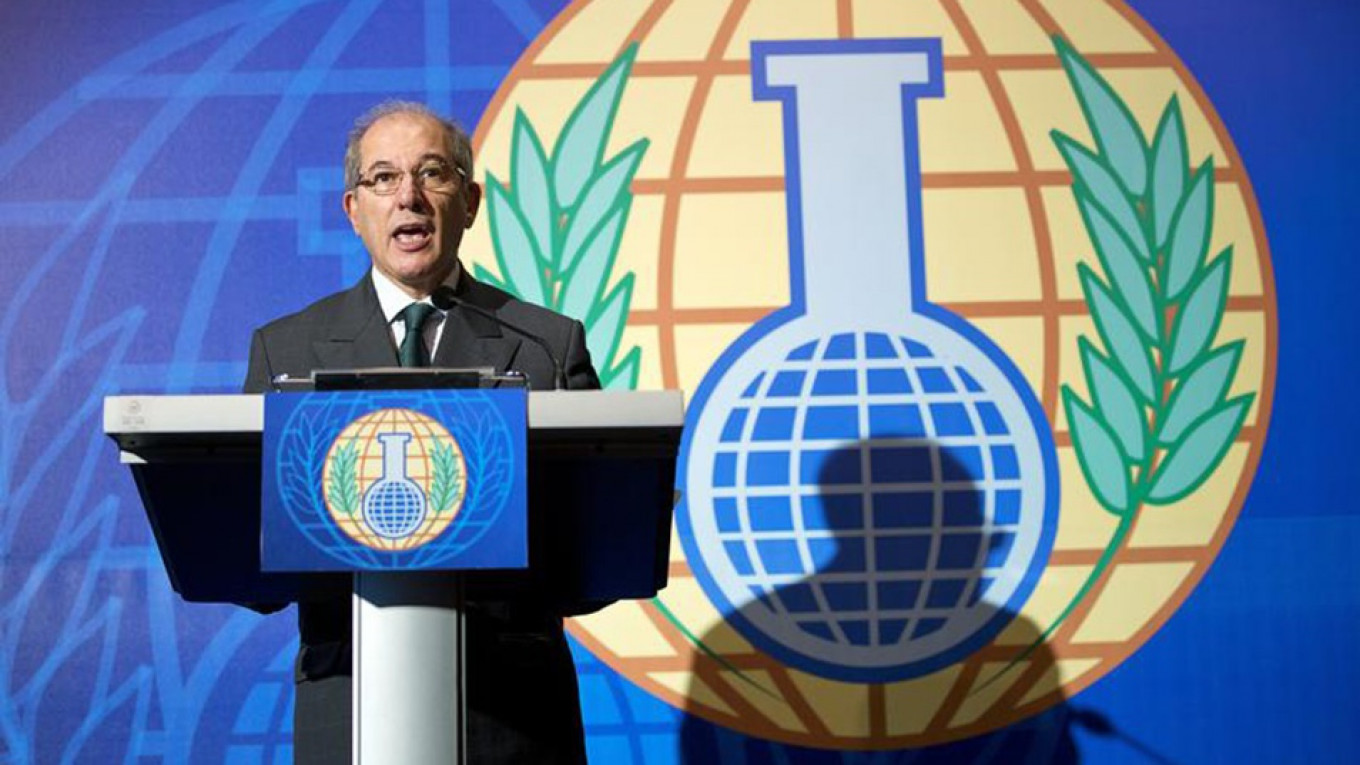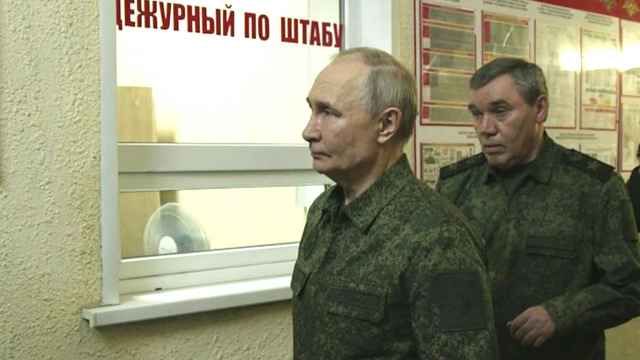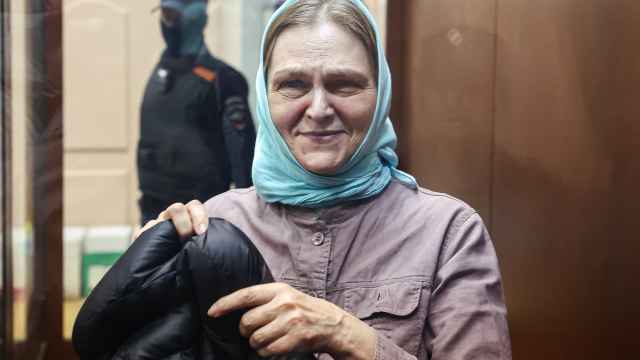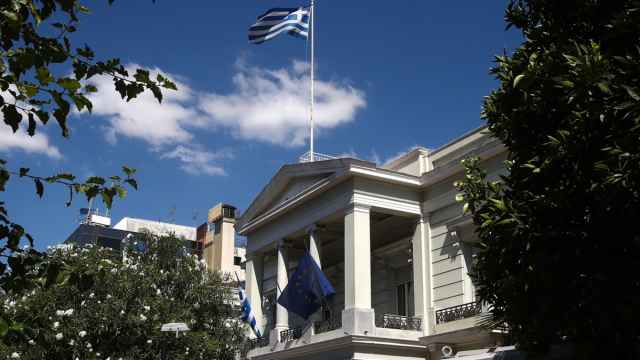A Chinese-Russian attempt to undercut new powers by the global chemical weapons agency to assign blame for attacks with banned poisons in Syria, but which was opposed by the West, failed to win enough support in a vote at the organization on Tuesday.
The vote at the Organization for the Prohibition of Chemical Weapons (OPCW) took place at a time of heightened tension between Russia and the West over the systematic use of chemical weapons in the Syrian war.
The draft decision put to a vote by the OPCW's members was blocked with 82 against and 30 in favor. The other countries were either absent or abstained from voting.
Later on Tuesday, OPCW members will be asked for the first time to vote on the organization's budget, which usually passes by consensus, but is being challenged by Russia and its allies.
At a special session of the agency's 193 members on June 27, a British-led proposal to create a team to identify organizations or individuals responsible for chemical weapons attacks in Syria easily won a two-thirds majority of votes.
A new team of 10 specialists is expected to start work on Syria under its mandate early next year. The team's powers will later be widened to identify those responsible for attacks worldwide.
The team was created in response to an upsurge in the use of chemical weapons in recent years, notably in the Syrian conflict, where scores of attacks with sarin and chlorine have been carried out by Syrian forces and rebel groups, according to a joint United Nations-OPCW investigation.
The granting of new powers was supported by the United States and European Union, but opposed by Russia, Iran, Syria and their allies.
A Message from The Moscow Times:
Dear readers,
We are facing unprecedented challenges. Russia's Prosecutor General's Office has designated The Moscow Times as an "undesirable" organization, criminalizing our work and putting our staff at risk of prosecution. This follows our earlier unjust labeling as a "foreign agent."
These actions are direct attempts to silence independent journalism in Russia. The authorities claim our work "discredits the decisions of the Russian leadership." We see things differently: we strive to provide accurate, unbiased reporting on Russia.
We, the journalists of The Moscow Times, refuse to be silenced. But to continue our work, we need your help.
Your support, no matter how small, makes a world of difference. If you can, please support us monthly starting from just $2. It's quick to set up, and every contribution makes a significant impact.
By supporting The Moscow Times, you're defending open, independent journalism in the face of repression. Thank you for standing with us.
Remind me later.






